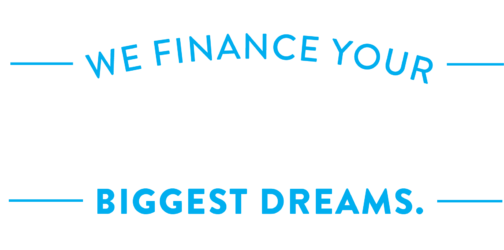The Curated News Hub
Your daily source for diverse news and insights.
Cracking the Home Loan Code: Tips for Savvy Borrowers
Unlock the secrets to securing your dream home! Discover insider tips for savvy borrowers and navigate the home loan maze effortlessly.
Understanding Mortgage Types: Which Home Loan is Right for You?
When it comes to purchasing a home, understanding the different mortgage types is crucial in making an informed decision. The two main categories are fixed-rate mortgages and adjustable-rate mortgages (ARMs). A fixed-rate mortgage offers a stable interest rate and monthly payments that remain constant throughout the term of the loan, which is typically 15 to 30 years. This predictability makes it an attractive choice for those who value budget stability. On the other hand, an adjustable-rate mortgage typically starts with a lower interest rate, which can change after an initial fixed period, exposing homeowners to potential increases in payments. Carefully evaluating your financial goals and risk tolerance is essential when choosing between these fundamental types of mortgages.
In addition to the primary mortgage types, there are several specialized loan options available that might be right for you depending on your situation. For example, FHA loans provide opportunities for first-time buyers or those with lower credit scores to secure financing with a smaller down payment. Similarly, VA loans cater to veterans and active-duty military members, offering favorable terms like no down payment and no private mortgage insurance (PMI). Understanding the nuances of each mortgage type, including conventional loans, jumbo loans, and government-backed loans, can empower you to choose the home loan that aligns best with your financial aspirations and homeownership goals.

Top 10 Mistakes to Avoid When Applying for a Home Loan
Applying for a home loan can be a daunting process, and many first-time buyers make critical mistakes that can jeopardize their chances of approval. One of the most common errors is not checking your credit score before applying. A poor credit score can lead to higher interest rates or even disqualification, so it's vital to know where you stand. Additionally, failing to shop around for different lenders can cost you significantly. Each lender offers various rates and terms, and taking the time to compare options can save you money in the long run.
Another common mistake is taking on new debt before your loan closes. Large purchases, like a new car, can affect your debt-to-income ratio and reduce your loan eligibility. Furthermore, many applicants overlook the importance of providing complete documentation. Incomplete or inaccurate paperwork can lead to delays or even denials. Being aware of these pitfalls will empower you to navigate the mortgage application process more efficiently.
How to Improve Your Credit Score Before Applying for a Mortgage
Improving your credit score before applying for a mortgage is crucial, as it can significantly impact your loan eligibility and interest rates. Start by reviewing your credit report for any inaccuracies or fraudulent activities. You can obtain your credit report for free from major credit bureaus. If you find errors, dispute them promptly to help enhance your score. Additionally, ensure that you pay your bills on time, as payment history accounts for a significant portion of your credit score.
Another effective strategy is to reduce your outstanding debts. Aim to lower your credit card balances to under 30% of your total credit limit, as high credit utilization can negatively affect your score. It's also advisable to refrain from opening any new credit accounts in the months leading up to your mortgage application, as this can trigger hard inquiries on your credit report. By focusing on these steps, you can improve your credit score and increase your chances of getting favorable mortgage terms.